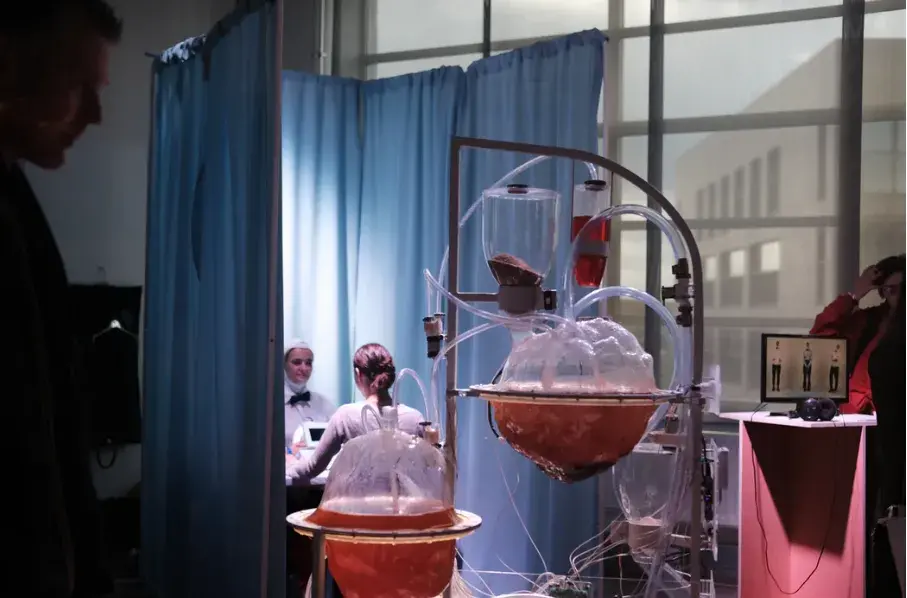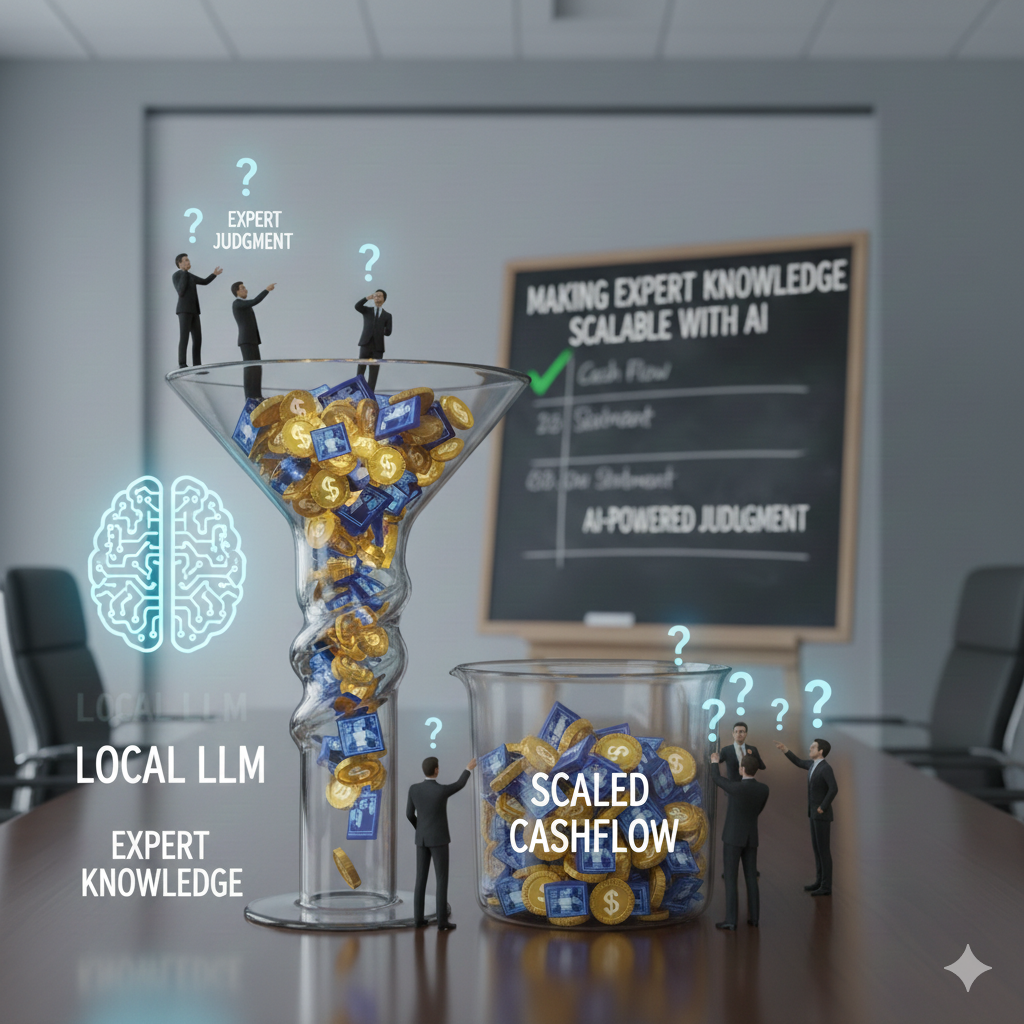[Please read PM Power’s Enterprise Agile Transformation Manifesto, Mindfulness for Agile Culture and Mindset – Extract from our upcoming book and Myths to sustain self-organisation in large organisations – An extract from the upcoming PM Power book on Organisational Agility to fully understand the context of this blog post.]
Vishnusharman, the coach, took a week off from his work with Pataliputra Customer Systems Operation. He realized that for the past few weeks he had been so engrossed in his work with them that he had been neglecting his family. He and his wife went on a quick holiday to one of the islands off the coast of his city. They also paid visits to their mothers in their home towns.
When he got back home, he was refreshed and was ready for work. He had set up a meeting with Sudarshanaa, the CEO of Pataliputra, for the next day.
As usual he gave a summary of what had transpired so far and what he had learnt about Pataliputra’s Agile journey’s progress.
He ended his summarization saying, “As you suggested I have talked one of your General Managers, and to your HR Manager about Experimentation and Learning. I would now like to get your views on this.”
Sudarshanaa asked, “You mean, what did my management team and I do to set up and maintain this, our, experimenting and learning organisation?”
“I could not have put it better.”
Sudarshanaa said, “Well, actually the first thing my team and I realized was that to foster a learning organisation, we have to become learners ourselves. And show to the organisation that we are ready to experiment and learn.”
“How did you do that? Give me an example.”
“Okay, you know that our hiring policy dictated that many of our jobs needed people with a basic university degree, and some of these jobs, in fact, required post-graduate degrees. In the recent years many people, including some of our employees, have questioned this policy. Indeed, some human-rights organisations also have approached us telling us how this policy could be seen as a violation of a person’s right to get gainful employment.”
“Okay.”
“Some of us of the leadership team also saw the logic of hiring the best person for a job, regardless of the degree the person holds or not holds. We then decided that instead of wasting a lot of time looking at the pros and cons and changing the policies, we decided to take the plunge and experiment with promoting a person without a degree, albeit with a lot of necessary experience, for the post of our treasury manager. She had been the deputy to the treasury manager for many years and she knew all the tricks of the trade. As per our hiring policy she would have never made this job, since the job required a post graduate degree in treasury operations, which she didn’t have. Most of our employees appreciated this move, though there was some disgruntlement. She turned out to be a great success at the job. This then gave us the confidence to change our policy of needing degrees for particular jobs.”
“Good. This is a very inspiring story. So, what you are saying is that true leaders don’t tell people to experiment and learn. They do it themselves and show the others how it is done.”
“Exactly.”
“What are the other things you did? What is the role of executive leadership in a learning organisation?”
“Of course, in addition to being in the midst of things and doing it, you have to foster this idea of experimentation and learning among your employees. And we all made a point of doing this in all our divisions.”
Vishnusharman asked, “How did you do this?”
“Well, we all got off our high horses and became part of our teams. We encouraged people to experiment and made people feel that the price of failure is not loss of their jobs but acceptance among peers that they have become better for the experience.”
“Yes, I remember an earlier discussion. Managers not only encourage experiments, but in case of failure, they take the responsibility.”
“That’s correct. We communicate the value of experimentation and learning and taking risks, we reinforce this by living that value and taking the responsibility for any failure on ourselves.”
“Excellent. What mechanisms do you have for learning from other people’s experience? Both internal and external?”
“We don’t have any formal mechanism in place, but we feel that this habit of learning from one’s own experience and others’ experience is slowly filtering down into the organisation.”
“But sometimes some of these learning experiences do not spread to the whole organisation organically. You may need to condense these into some sort of, say, training courses so that the whole organisation can understand and appreciate some of these learnings.”
“I agree. We have been thinking of doing this.”
“Other things like webinars, podcasts, screen-sharing etc. can also be useful.”
“Agreed. Like training we have started getting into these also.”
“And in this the whole organisation needs to pitch in. For example, content creation can be an area where many people can contribute.”
“Of course.”
“And these formal approaches with informal mechanisms like people talking to each other, putting up stuff on internal web-sites etc. can work wonders for the organisation. Encouraging the creation of these formal mechanisms is clearly a role for executive leadership.”
Sudarshanaa said, “Okay. This is good advice. We will be doing this soon.”
She continued, “The third area that we work on as a leadership team is to encourage people to take responsibility and be accountable for their work. It is not enough for people to have the freedom to experiment and take risks, but when they experiment, they need to take responsibility for the consequences and be accountable for them.”
“And learn from their mistakes. This is important.”
“Of course.”
Sudarshanaa said, “The other thing is that as leaders, we encouraged open discussions among people.”
Vishnusharman asked, ‘How did you do this?”
Sudarshanaa said, “First of all, we said that we should all pay attention to what others are telling us. This is the start. Then we said, that where there was good feedback, we should act on them. And we also encourage our people to talk to each other in different kinds of gatherings, not just their team gatherings or office gatherings. And we said that we should listen to each other without judging. We felt that some of these will help people to open up.”
She continued. “Many a time, people would not talk openly for fear of hurting other people’s sentiments. ‘He or she is my friend, how will I tell him or her that he or she is wrong?’ Friendships are good, but they should not come in the way of professional dealings.”
“This makes sense. In many organisations, personal relationships come in the way of professional dealings.”
“We also recognized that real change can come from any part of the organisation, from team members and leaders. Not just top down. Once people realized that the leadership is not just paying lip-service to this concept, good ideas started coming up from all sides.”
Vishnusharman smiled, “Yes. I remember your General Manager saying, ‘Noble thoughts come to us from all sides’!”
“Exactly. Leaders are also learners in this process.”
“True.”




